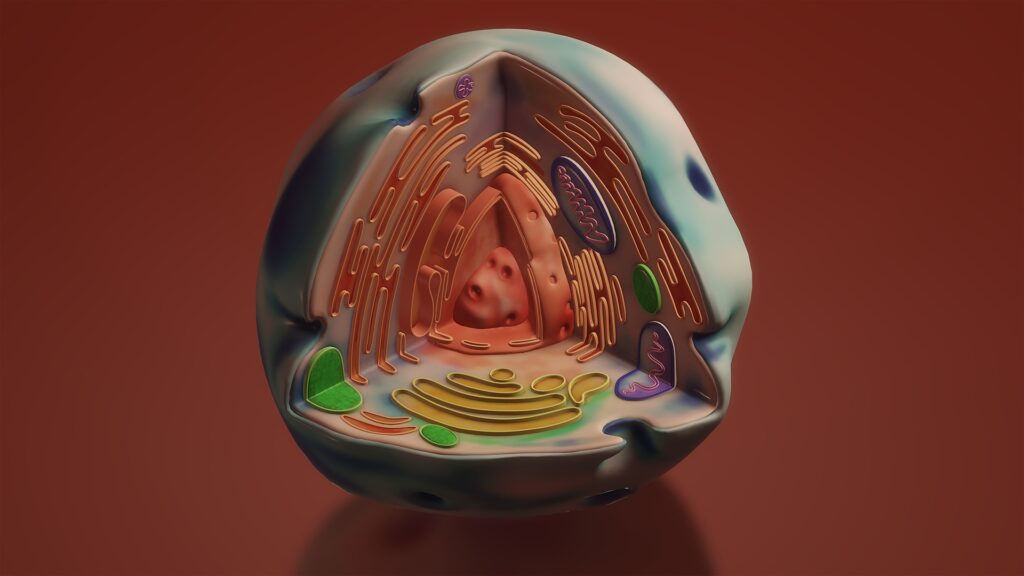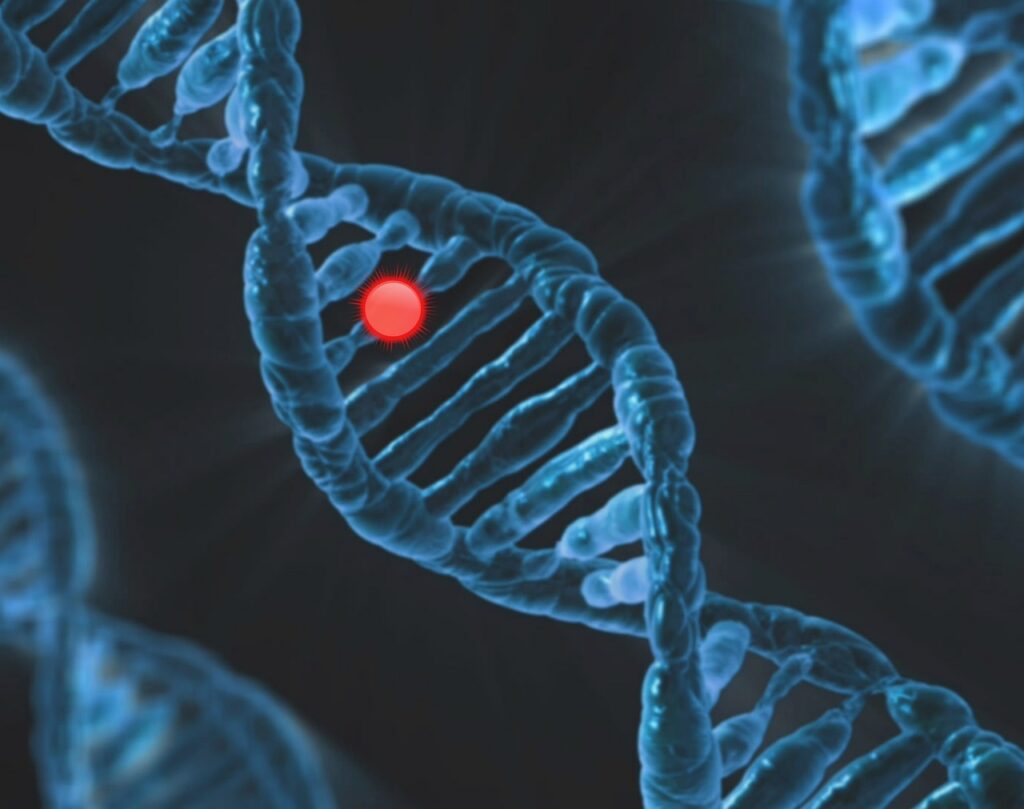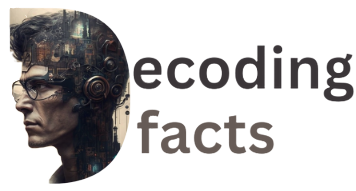The Science of Aging is nothing but a normal biological process that affects all living things. It is distinguished by a progressive decline in physical and mental function as well as an increased susceptibility to disease and death. Aging is a complicated phenomenon influenced by a number of genetic, environmental, and lifestyle factors. Our cells, tissues, and organs change as we age, which can contribute to the development of chronic diseases like cancer, cardiovascular disease, and Alzheimer’s disease.
Understanding the mechanisms of ageing and ways to slow the ageing process are critical areas of scientific enquiry. We can develop interventions to promote healthy ageing and prevent age-related diseases by better understanding the biology of ageing. This is especially important given the global population’s ageing, which has resulted in an increase in age-related health problems and healthcare costs.
In this blog, we will look at the science of aging and methods to slow it down. We will discuss cellular mechanisms of ageing, genetic factors influencing ageing, lifestyle factors influencing ageing, and anti-aging interventions. Finally, we will go over the ethical implications of anti-aging interventions and their possible effect on human well-being and life span.
The science of aging
- Aging process and how it affects the body : The aging process is a gradual decline in the body’s ability to function properly over time. This decline can affect all aspects of physical and mental health, including muscle strength, cognitive function, and immune function. The aging process can also increase the risk of developing chronic diseases, such as diabetes, cancer, and heart disease.
- Cellular mechanisms of aging, including telomeres and mitochondria : Another cellular mechanism of aging is mitochondrial dysfunction, which occurs when the mitochondria, the cell’s energy-producing organelles, become damaged or impaired. Mitochondrial dysfunction can lead to increased oxidative stress, inflammation, and cell death, all of which are associated with the aging process.

Another cellular mechanism of aging is mitochondrial dysfunction, which occurs when the mitochondria, the cell’s energy-producing organelles, become damaged or impaired. Mitochondrial dysfunction can lead to increased oxidative stress, inflammation, and cell death, all of which are associated with the aging process.
- Genetic factors that influence aging, such as DNA damage and epigenetics : Genetic factors also play a role in the aging process. For example, DNA damage and mutations can accumulate over time, leading to cellular dysfunction and an increased risk of age-related diseases. Epigenetic changes, which are alterations in gene expression that are not due to changes in the underlying DNA sequence, can also influence the aging process.
Recent studies have shown that epigenetic modifications, such as DNA methylation and histone modifications, can be influenced by environmental and lifestyle factors, and can play a role in the development of age-related diseases. By understanding these genetic factors, scientists can develop interventions to promote healthy aging and prevent age-related diseases.

Also read : Big Data in Healthcare: Revolutionizing Patient Care
Lifestyle factors that affect aging
- Diet and nutrition, including the role of antioxidants, calorie restriction, and intermittent fasting : Diet and nutrition are important factors that can influence the aging process. A diet rich in antioxidants, such as fruits and vegetables, can help to reduce oxidative stress and inflammation, which are both associated with the aging process. Calorie restriction, which involves reducing caloric intake while maintaining adequate nutrient intake, has also been shown to extend lifespan and delay age-related diseases in various animal models.
Intermittent fasting, which involves alternating fasting periods with periods of normal food consumption, has also been shown to have anti-aging benefits. Intermittent fasting has been shown to boost insulin sensitivity, reduce inflammation, and boost autophagy, a cellular process that aids in the removal of damaged or dysfunctional proteins and organelles.
- Exercise and physical activity, including the benefits of aerobic and strength training : Physical activity and regular exercise also have anti-aging effects. Doing exercises, such as walking, jogging, or cycling, can improve heart health, strengthen muscles, and lower the risk of age-related diseases. Strength training, which includes resistance exercises like lifting heavy weights, can help to maintain muscle mass and strength, which can deteriorate as we get older.

Exercise and physical activity can also help to improve cognitive function and reduce the risk of age-related cognitive decline. In addition to the physical benefits, exercise can also have positive effects on mental health, reducing stress and improving mood.
- Sleep and stress management, including the importance of good sleep habits and stress reduction techniques : Good sleep habits and stress reduction techniques can also play a role in healthy aging. Sleep is essential for cellular repair and rejuvenation, and inadequate sleep has been linked to an increased risk of age-related diseases. Stress can also contribute to cellular damage and inflammation, which are associated with the aging process.
Techniques such as meditation, yoga, and deep breathing can help to reduce stress and promote relaxation. Good sleep habits, such as establishing a regular sleep schedule, avoiding screens before bedtime, and creating a comfortable sleep environment, can also help to improve sleep quality and promote healthy aging.

Anti-aging interventions
- Supplements and nutraceuticals, including resveratrol, NAD+ precursors, and coenzyme Q10 : Anti-aging supplements and nutraceuticals are a highly researched field. Resveratrol, a chemical found in red wine, has been shown in animal studies to have anti-aging properties. NAD+ precursors, such as nicotinamide riboside and nicotinamide mononucleotide, have also been investigated for anti-aging properties. These compounds are involved in cellular metabolism and energy production, and they may aid in the improvement of mitochondrial function and the reduction of oxidative stress.
Another nutraceutical that has been studied for its anti-aging properties is coenzyme Q10. Coenzyme Q10 is involved in the production of cellular energy, has antioxidant properties, and has been shown to improve cardiovascular health and reduce oxidative stress.
- Hormone therapy, including the use of human growth hormone and testosterone : Hormone therapy is another area of research for anti-aging interventions. Human growth hormone (HGH) has been studied for its potential anti-aging effects, as it has been shown to improve muscle mass, bone density, and cognitive function in various studies. However, the use of HGH for anti-aging purposes is controversial, and there are concerns about its safety and potential side effects.
Another hormone intervention that has been studied for its potential anti-aging effects is testosterone therapy. Testosterone is necessary for muscle mass and bone density maintenance, and it may also have cognitive and cardiovascular benefits. The use of testosterone therapy for anti-aging purposes, like HGH, is controversial, and there are potential risks and side effects.
- Stem cell therapy and regenerative medicine : Stem cell therapy and regenerative medicine are emerging fields that have the potential to revolutionize anti-aging interventions. Stem cells have the ability to differentiate into various cell types and have the potential to regenerate damaged or diseased tissues and organs.
Stem cell therapy has been studied for its potential to treat age-related diseases, such as Alzheimer’s disease, Parkinson’s disease, and age-related macular degeneration. In addition, stem cell therapy may also have anti-aging effects, as it may help to restore cellular function and improve tissue repair and regeneration.
Regenerative medicine, which involves the use of tissues and organs grown in the laboratory, is also being studied for its potential anti-aging effects. This technology has the potential to create replacement tissues and organs that can be used to treat age-related diseases and promote healthy aging.
Ethical considerations regarding science of aging
While anti-aging interventions hold great promise, there are also important ethical considerations that must be taken into account. These considerations include:
- The potential benefits and risks of anti-aging interventions : Anti-aging interventions have the potential to reduce the risk of age-related diseases, improve quality of life, and increase lifespan. However, some anti-aging interventions, such as hormone therapy and stem cell therapy, have potential risks and side effects. Before using these interventions in clinical settings, it is critical to carefully weigh the potential benefits and risks.
- The need for more research on the safety and efficacy of these interventions : There is still much we do not know about the safety and efficacy of many anti-aging interventions. More research is needed to understand how these interventions work and to determine their long-term safety and efficacy. It is important to prioritize research in this area to ensure that any anti-aging interventions that are developed are safe and effective.
- The importance of responsible use and access to anti-aging therapies : If anti-aging interventions are shown to be safe and effective, it is critical to ensure that they are used responsibly and that equitable access to these therapies is provided. There may be concerns that these therapies will be used to extend the lives of the wealthy and powerful while leaving others behind. It is critical that access to these therapies is determined by medical need rather than social status or wealth.
Because anti-aging interventions have great potential, it is critical to carefully consider the potential risks and benefits of these interventions, to continue researching their effectiveness as well as safety, and to ensure that these therapies are only available to those in need. If we follow these guidelines, we will be able to promote healthy ageing and improve our quality of life.
Conclusion
In conclusion, aging is a complex biological process that impacts human health and longevity. The aging process affects our cells, tissues, and organs, and is influenced by genetic, environmental, and lifestyle factors. While aging is a natural and inevitable process, there are ways to slow down the aging process and promote healthy aging.
We have discussed various lifestyle factors that can affect the aging process, including diet and nutrition, exercise, and stress management. We have also explored different anti-aging interventions, such as supplements, hormone therapy, and stem cell therapy. While some of these interventions show promise, it is important to consider the potential benefits and risks, as well as the ethical implications of their use.
Ultimately, the study of aging is an important area of research that has the potential to significantly impact human health and longevity. By continuing to invest in aging research, we can gain a deeper understanding of the aging process and develop effective interventions to promote healthy aging and extend lifespan.

Somebody essentially lend a hand to make significantly articles Id state That is the very first time I frequented your website page and up to now I surprised with the research you made to make this actual submit amazing Wonderful task